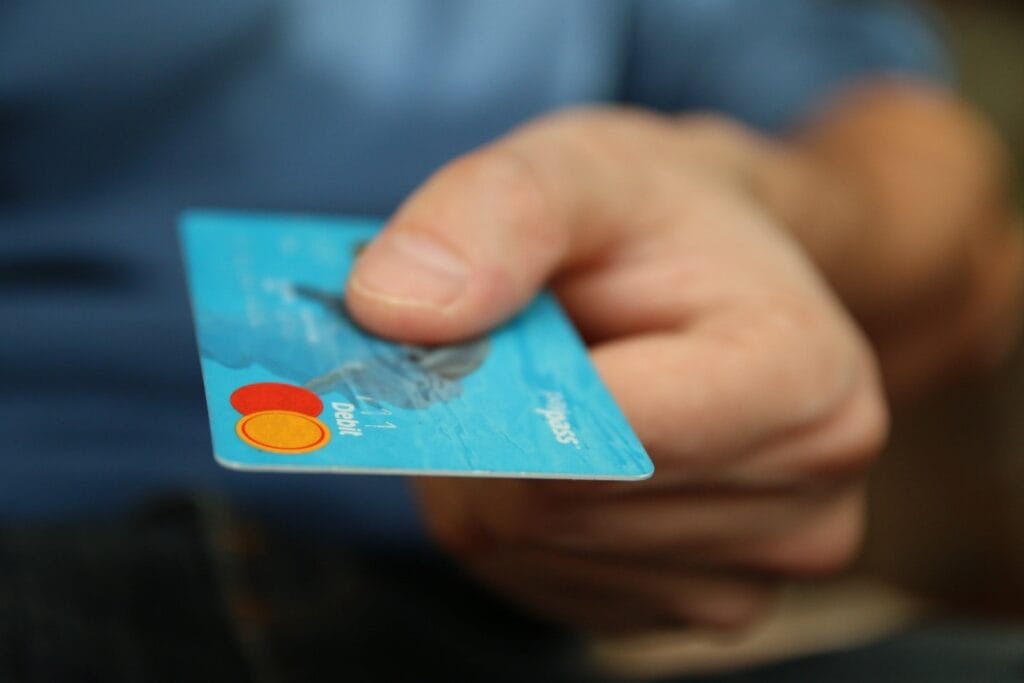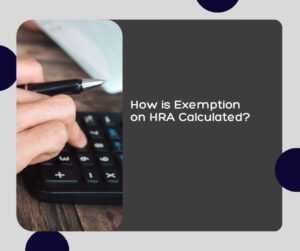Credit Cards And Debt Consolidation Loans

The path to a debt-free life isn’t always straightforward. Some have more minor problems to deal with, while some are stuck in a more complicated weave of debt. If you’re eager to break this chain and walk out of the cycle of debt, there are many ways to sort out your finances, even ones including professional assistance.
The type of debt management strategy you choose will depend on your personal and financial circumstances. Thus, choosing a debt management plan that aligns with your ongoing situation becomes critical.
Debt consolidation loans are one of the most commonly used debt management tools. Combine your ongoing high-interest debts into a single loan with debt consolidation.
Read on to learn more about how debt consolidation loans work. Will you have to relinquish your credit card when you enrol in a debt management plan? Read on to find out!
What Is Debt Consolidation?
Debt consolidation is the process of combining all your ongoing debts into a single loan, which you can then pay off in affordable monthly instalments over a fixed period. Debt consolidation loans can help you unclutter your finances and better organise your holistic expenditure.
When you borrow a debt consolidation loan, the proceeds from the loan will go towards paying off your ongoing debt obligations as a lump sum. Once you’ve paid off your outstanding balance, you’ll only be left with one single debt – your consolidation loan.
Debt consolidation loans are usually fixed-rate loans, meaning you’ll have to pay a fixed interest on your loan each month. Let’s say you have credit card debts of £2500 and £4500 at rates of 20% and 25%, respectively, plus a store card debt of £350 at 12% APR.
The total interest you’ll accrue on these debts is paid separately over 12 months rounds off to £934. Conversely, if you borrow a debt consolidation loan of £7350 at 10% and repay it within 12 months, you could potentially slash down the interest to £404.
Although this may not always be the case – you’ll need to have to stellar credit history and stable financials to avail of low-interest debt consolidation loans. So, it would be in your best interest to check whether how well a debt consolidation aligns with your circumstances.
What Type Of Debts Can I Defuse With A Debt Consolidation Loan?
Most people use debt consolidation loans to pay off high-interest debts to incur a lower interest cost on these debts. A debt consolidation loan will enable you to consolidate:
- High-interest loans
- Credit card debt
- Bank overdrafts
These are the types of debts that you cannot consolidate using a debt consolidation loan:
- Home loans
- Auto loan
- Student debt or education loans
How Will A Debt Consolidation Loan Impact My Credit Score?
When you apply for a debt consolidation loan, it’ll certainly leave a footprint on your credit file, tarnishing your score by a few points initially. Although, you could always build it back up by adhering to your repayment schedule.
Timely repayments are critical for maintaining a good credit score. Your credit score keeps on improving as you clear your dues. However, missed payments can leave a negative imprint on your credit file and further lower your score.
If you consistently miss payments, it could create a negative impression for the lender, making it appear as if you have trouble paying back loans. Debt consolidation could help you organise these repayments – you’ll only have to focus on paying off one debt.
However, it is best to get professional help to see how debt consolidation loans might affect your comprehensive financial health, rather than just your credit score.
Will I Have To Close My Credit Card During Debt Consolidation?
If you’re pursuing the route of debt consolidation as part of a debt management program, you may have to give up your credit card. Your financial circumstances will most likely influence whether or not you can use your credit card within the course of a debt consolidation loan.
With a good credit score and stable income, you will still be able to use it. It would be in your best interest to avoid using your card since you might be tempted to overspend, pushing you further into debt, defeating the whole purpose of a debt consolidation loan.
Many people use debt consolidation loans for the sole purpose of defusing their credit card debt. However, many of them instinctively get rid of their credit cards as a step towards the right path. While it’s understandable why people might feel this way, but it isn’t the ideal step.
Cancelling a credit card that you’ve just paid off could significantly diminish your available credit, severely affecting your credit utilisation ratio. This could, in turn, reduce your credit score, which might cause problems when you apply for credit in the future.
Can I Borrow New Credit Within The Debt Consolidation Process?
A lot of us could feel tempted to take on new debt in the midst of an ongoing debt consolidation loan. While there may be many enticing offers around you, the goal is to remember that you chose to consolidate your debts to get out of the debt cycle and improve your financial situation. If you take out new debt, it’ll only worsen the situation and your financial burden.
If it’s an uncontrollable urge and you impulsively end up getting a new credit card or open another store account, there may be a deeper issue to work on. In such a case, a debt consolidation loan won’t be able to solve your problems – this may call for professional help. A credit counsellor could help you find a way out of this problem.
Conclusion
Debt consolidation loans are a great way to consolidate your ongoing debt obligations. However, it is vital to check how well they suit your circumstances and affordability. Debt consolidation loans will make more sense when you can find one with an interest rate lower than that of your existing loans combined. So weigh the pros and cons and choose your options wisely.

Pranab Bhandari is an Editor of the Financial Blog “Financebuzz”. Apart from writing informative financial articles for his blog, he is a regular contributor to many national and international publications namely Tweak Your Biz, Growth Rocks ETC.








